Podcast: The Academic Minute
-
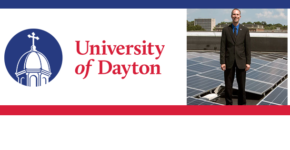
Ben McCall, University of Dayton – Modernity is Incompatible with Planetary Limits
Our current rate of energy use cannot go on forever. Ben McCall, professor of sustainability at the University of Dayton, looks for solutions. Ben McCall, a professor of sustainability and executive director at the Hanley Sustainability Institute at the University of Dayton, is a founding member of the Planetary Limits Academic Network to promote the…
-
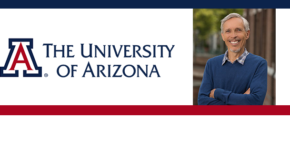
Chris Impey, University of Arizona – The Dark Ages of the Universe
A new telescope could tell us a lot more about the origins of our universe. Chris Impey, university distinguished professor in the department of astronomy at the University of Arizona, looks into the lens for more. Chris Impey is a University Distinguished Professor of Astronomy at the University of Arizona. He has 210 refereed publications…
-
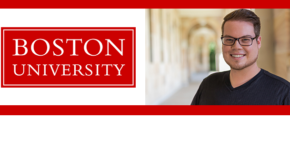
Blake Alexander Simmons, Boston University – Social and Environmental Risks of China’s Overseas Development
China is developing rapidly, even outside its borders. Blake Alexander Simmons, postdoctoral research fellow at Boston University, determines how China’s foreign projects could have huge impacts. Dr. Blake Alexander Simmons is a Postdoctoral Research Fellow at Boston University’s Global Development Policy Center. He is an interdisciplinary conservation scientist with an interest in how economic, political,…
-
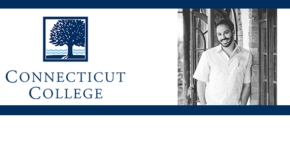
Mark Stelzner, Connecticut College –The Intensity of Slavery and the Birth of Modern Capitalism
A short-term mindset can have ample benefits, but at what cost? Mark Stelzner, assistant professor of economics at Connecticut College, examines. For the last few years, Mark Stelzner has been working on better understanding income inequality in the United States. He has conducted research on the evolution of labor laws during the Gilded Age and…
-
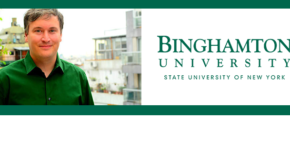
Kerry Whigham, Binghamton University – Reparations
Dealing with the past can be crucial to moving forward. Kerry Whigham, assistant professor of genocide and mass atrocity at Binghamton University, has one example. Kerry Whigham is Assistant Professor of Genocide and Mass Atrocity Prevention at Binghamton University’s Institute for Genocide and Mass Atrocity Prevention (I-GMAP). He received a Ph.D. in Performance Studies from…
-
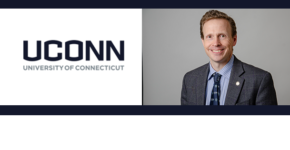
Micheal C. White, University of Connecticut – Inflammation Can Change Your Drugs Impact on Your Body
Inflammation can change how your body works with certain drugs. Michael C. White, distinguished professor and chair of pharmacy practice at the University of Connecticut, explains. Michael White, Pharm.D. is a Distinguished Professor and Chair at the UConn School of Pharmacy. His research interests are in drug, dietary supplement, and substances of abuse safety and…
-

Farah Shamout, NYU Abu Dhabi – Artificial Intelligence for the Detection of Deterioration Among COVID-19 Patients
Can artificial intelligence help us in the fight against COVID-19? Farah Shamout, assistant professor emerging scholar in computer engineering at NYU Abu Dhabi, finds out. Farah Shamout is an Assistant Professor Emerging Scholar in Computer Engineering at NYU Abu Dhabi, where she leads the Clinical Artificial Intelligence Laboratory. Her research expertise is in data science…
-
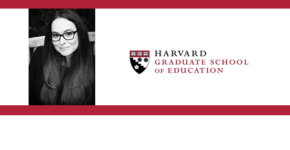
Alexis Redding, Harvard University – From College to Career: A Mentorship Model for Student Success
Mentors are key for the post-collegiate transition. Alexis Redding, lecturer at the Harvard Graduate School of Education, suggests the types of mentors to seek out. Dr. Alexis Redding is the Faculty Co-Chair of Higher Education & a lecturer at the Harvard Graduate School of Education. She is an expert in the college experience and teaches graduate…
-
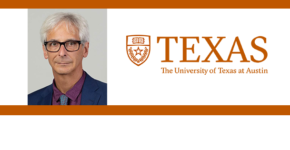
Art Markman, University of Texas at Austin – Coherence, Belief Change, and Convincing Other People
Differing beliefs are at the forefront of our mind. Art Markman, professor of psychology and marketing at the University of Texas at Austin, discusses changing minds. Art Markman is the Annabel Irion Worsham Centennial Professor of Psychology and Marketing and Vice Provost of Continuing and Professional Education and New Education Ventures at the University of…
-
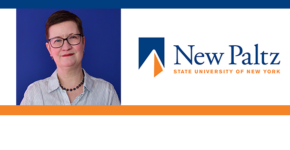
Karla Vermeulen, SUNY New Paltz – The Post 9/11 Generation’s Safety Perceptions
The effects of 9/11 are still being felt today. Karla Vermeulen, assistant professor of psychology at SUNY New Paltz, determines how the tragedy changed perceptions for generations. Karla Vermeulen is an Associate Professor of Psychology and the Deputy Director of the Institute for Disaster Mental Health at the State University of New York at New…